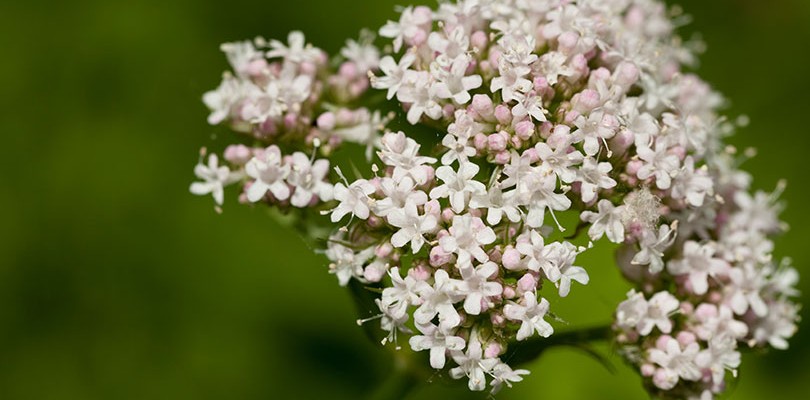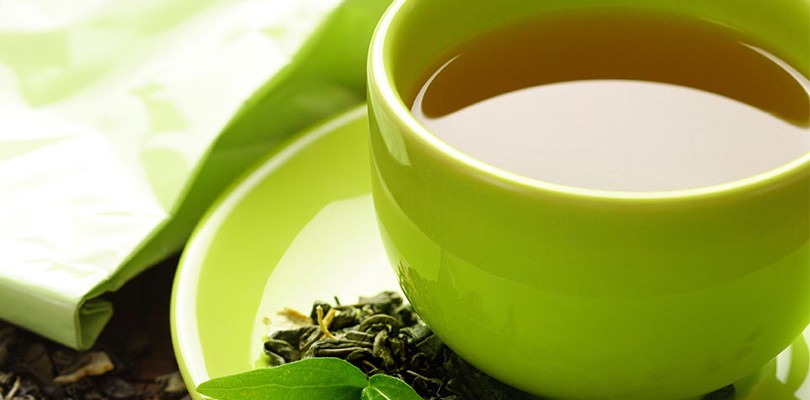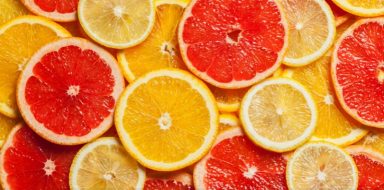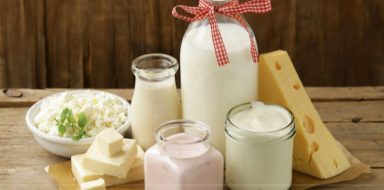Herbs for Overactive Bladder
Herbs can help to relieve the suffering and embarrassment you experience due to an overactive bladder (OAB). Herbs reduce the irritability of the tissues in the bladder and promote relaxation, and can also tone tissues and relieve inflammation.
Here are some of the best herbs to use if you have OAB.
1. Corn Silk (Zea Mays)
Corn silk is my hands-down favorite herb for relieving discomfort, spasms and irritability of the bladder. The simplest way to reap the benefits of corn silk is to buy fresh ears of corn, organic if possible. The silk that you need is the light-colored part. The dried, brown silk is far less effective.
Place a tablespoon or more of fresh cornsilk in a cup. Pour one cup of boiled water over the silk. Place a cover on the cup and let the silk steep for 20 minutes before straining out the corn silk. Drink as much of the light, slightly corn-flavored tea as you desire each day.
Corn silk tea is also good for urinary tract infections. It won’t cure an infection, but you will experience fewer spasms, a decreased urge to void and markedly less discomfort within one half hour of drinking the tea.
You may purchase tinctures or glycerites of corn silk for portable convenience, but I think the tea is superior. The glycerite is my second choice. Don’t use the alcohol-based tincture unless no other forms are available, as alcohol can make your OAB symptoms worse. Follow label instructions, if you are using a commercial product.

Photo Credit: dabjola / istockphoto.com
2. Valerian (Valeriana Officinalis)
Valerian is a lovely, sweet-smelling, old-fashioned flowering plant while it is growing. When dried, it smells and tastes like old, dirty socks. Despite its pungent earthy taste, the root of the plant is a valuable remedy for OAB.
Valerian has strong anti-spasmodic, relaxant properties. It is one of the best antispasmodic herbs for OAB because its actions target the urinary tract. If you cannot get a good night’s sleep due to frequent spasms and trips to the bathroom, give Valerian a try. The herb relieves anxiety and promotes sleep.
Most people can tolerate the herb without feeling excessively drowsy, but until you know how valerian affects you do not drive or operate heavy machinery while using it during the daytime. A handful of people have an opposite reaction to Valerian. It makes them more awake. If you are one of those individuals, I would suggest not using valerian, because it may be stimulating your bladder too.
The most economical way to use valerian is to make tea, using the instructions provided for corn silk tea. Use one teaspoon of dried or one tablespoon of fresh herb per cup of water. If that does not appeal to you, purchase valerian in tablet, capsule, or glycerite forms.

Photo Credit: Kasiam / istockphoto.com
3. Black Haw (Viburnum Prunifolium)
Black haw is a relaxant, antispasmodic herb that has an affinity for the pelvis. The herb is a wild shrub and has been used extensively by Native Americans. Use the roots or stem bark if you are preparing the herb yourself.
To make a decoction of black haw, place one teaspoon of dried stem bark or roots in a pot. Cover the herb with one cup of water. Place a lid on the pot and let the decoction simmer gently for 20 minutes before straining out the spent herb. Discard or compost the herb and drink the remaining liquid. You may want to triple the recipe, as the recommended dosage is three cups of decoction daily.
Black haw relieves urges to urinate and will help you to relax so that you can more readily employ mind-body techniques to overcome OAB symptoms. If you suffer from back pain due to spasms, black haw may relieve them. However, don’t use black haw if you have low blood pressure.
If people with OAB are overweight, losing a healthy amount of weight may help with symptoms. Learn about how overactive bladder and obesity are connected.

Photo Credit: Gudella / istockphoto.com
4. Nettle (Urtica Dioica)
Nettle is a nutritious weed. It reduces urinary frequency, especially at night, and reduces the amount of residual urine that remains in the bladder after voiding.
You may cook fresh nettles and eat them as you would spinach or any other leafy green. The herb contains ample amounts of vitamins and minerals that promote relaxation and support general well-being.
If you harvest the fresh plant, be very careful. The fresh leaves contain formic acid, which stings. Once the plant is pickled, dried, or cooked, the formic acid is destroyed and the sting disappears. You may liberally include the herb in your diet as a food, or you may consume it as a supplement.
I recommend making a tea of the leaves or a decoction of the roots. Use one teaspoon of dried, or one tablespoon of fresh herb per cup of water. Drink three cups daily. You can purchase nettle in capsule form. I recommend using freeze-dried nettles if you are using capsules. Glycerites are sometimes available from herbalists.

Photo Credit: Linjerry / istockphoto.com
5. Marshmallow (Althaea Officinalis)
Marshmallow is classified as a demulcent. This means that it creates a soothing, healing, barrier within your bladder. The result is decreased irritability of tissues. You will feel more comfortable and experience fewer urges to void.
The herb is very safe, however, do not take it at the same time as your medications because it may interfere with the medicines being absorbed efficiently.
You may use the marshmallow root or leaves. Prepare either one by using the infusion method provided for corn silk. Use one teaspoon of dried, or one tablespoon of fresh herb per cup of water. You may also prepare marshmallow root by using a cold infusion method. Simply cover the herb with cold water and let it infuse overnight. Use the amounts recommended for the hot infusion method.

Photo Credit: Remains / istockphoto.com
6. Horsetail (Equisetum Arvense)
Horsetail is a urinary astringent. It tones the muscles of the urinary tract and reduces spasms. The herb has a long history of use for controlling incontinence. To make an infusion use two teaspoons of the dried herb per cup of water. Horsetail is a wild weed that grows along stream banks. If gathered in the wild, the area must be pristine, to avoid ingesting toxins. The herb promotes the healing of inflamed tissues.
While herbs will not cure OAB, they are a valuable part of a comprehensive treatment program. The herbs listed here may be used independently or in conjunction with pharmaceutical medications.
Read more about overactive bladder nutrition over at NewLifeOutlook.
Have you ever wondered, "Does overactive bladder cause back pain?" Well, many OAB patients find themselves with this symptom. Here's why.








